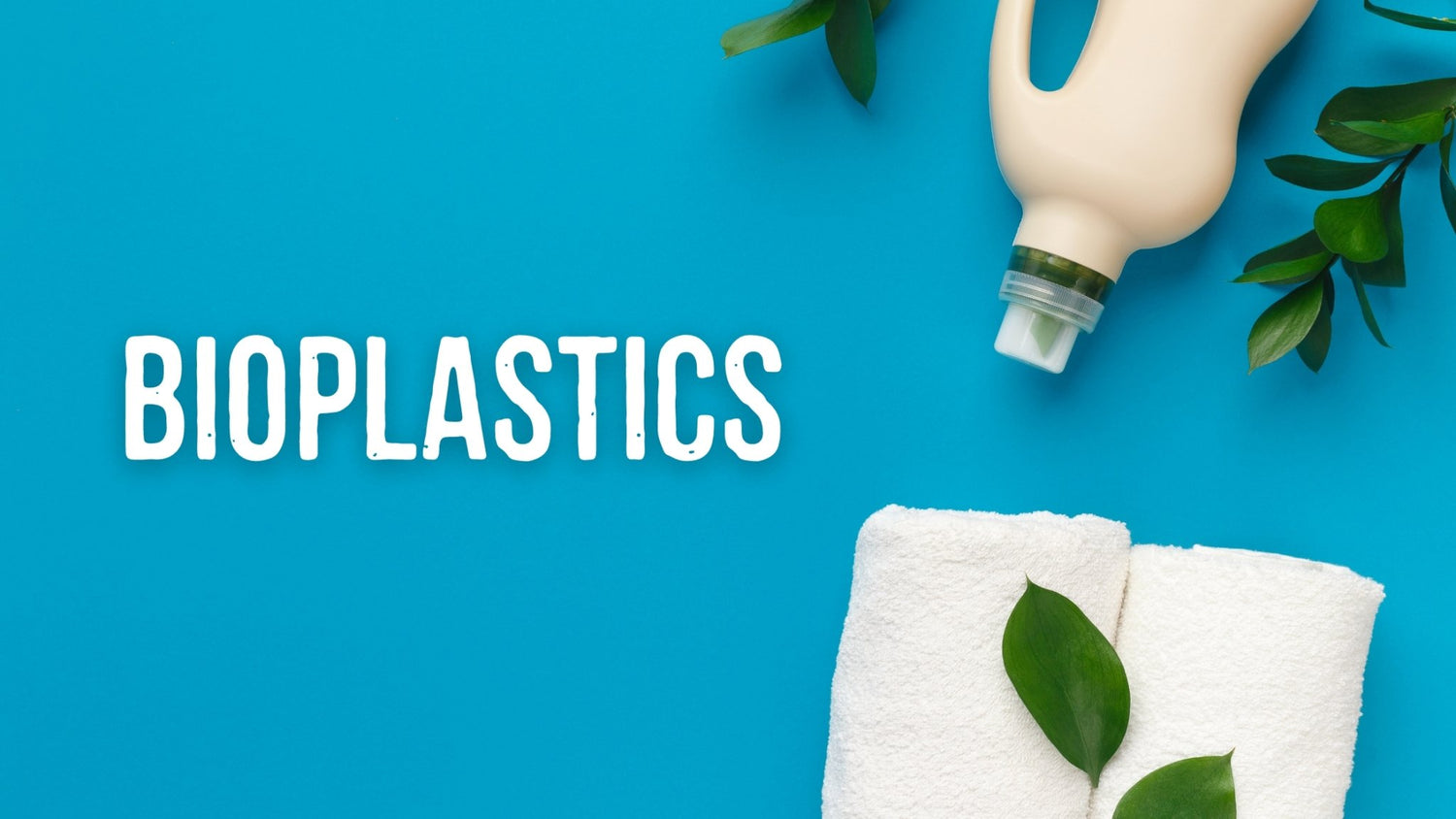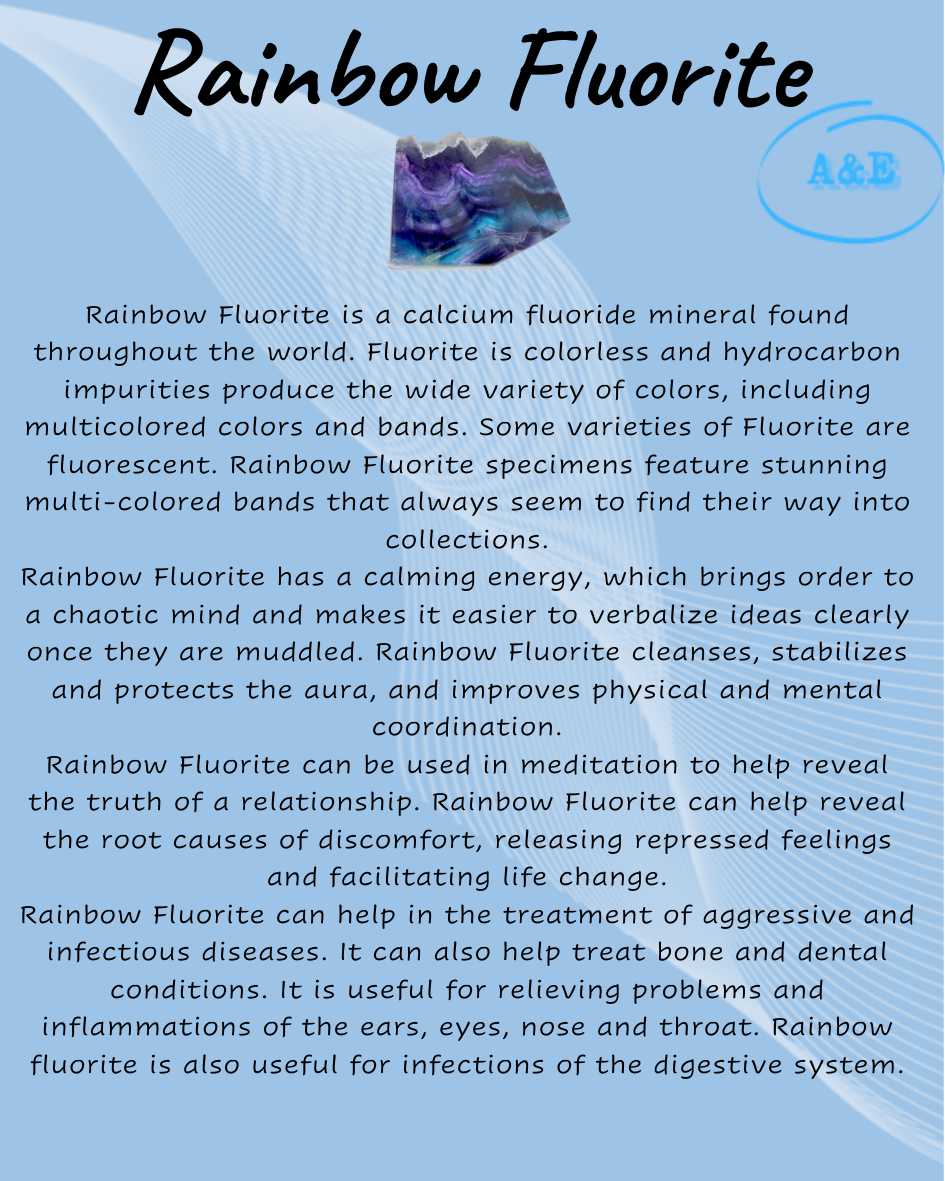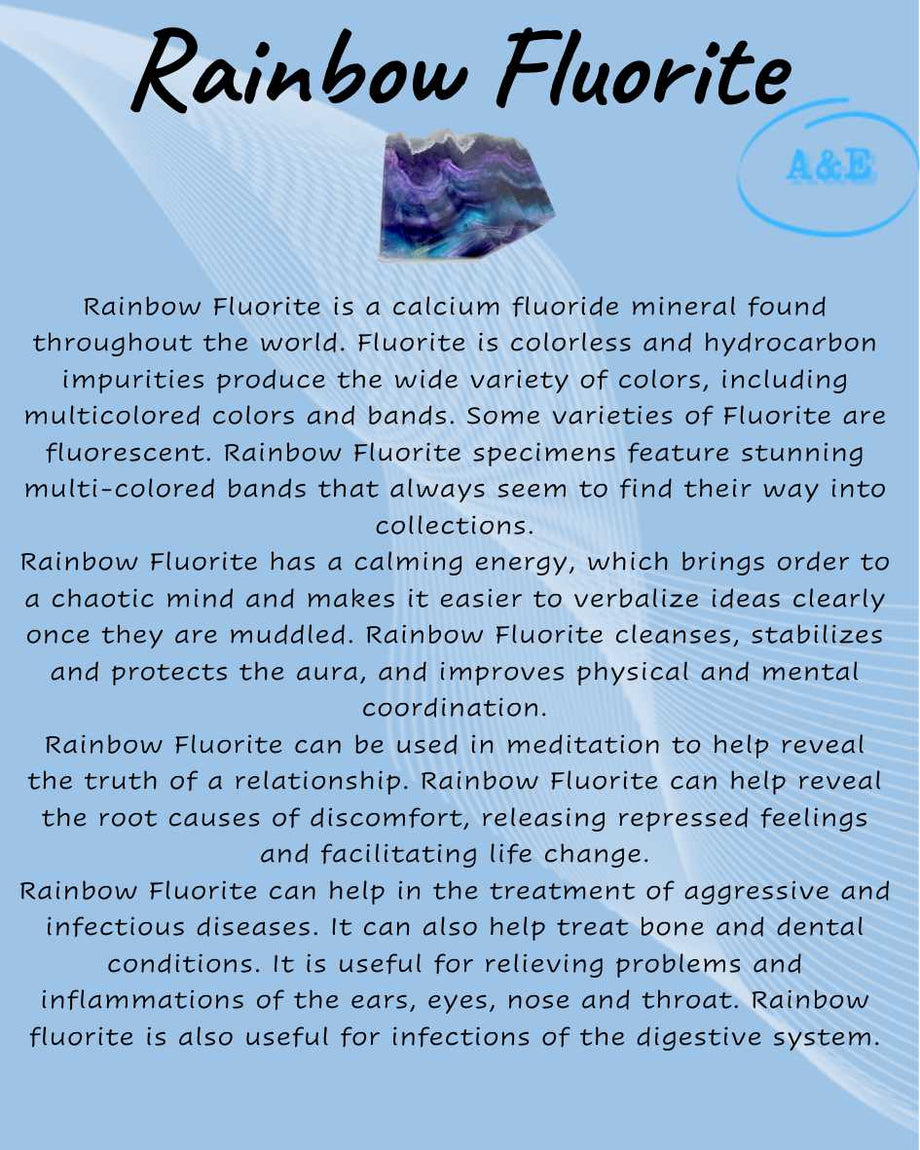Fiji Water contains a minimal amount of fluoride. The levels in this artesian water are typically below 0.2 ppm.
Choosing the right bottled water is crucial for those mindful of their fluoride intake. Fiji Water emerges as a popular choice for its taste and quality, and fluoride content is a common concern among consumers. Sourced from an aquifer on the island of Viti Levu, Fiji Water boasts a unique mineral profile that includes a low fluoride concentration.
This makes it a suitable option for individuals looking to minimize their exposure to fluoride. Whether for personal health reasons or due to dietary preferences, knowing the fluoride content in bottled water is essential for an informed choice. As an acclaimed brand, Fiji Water not only meets quality standards but also caters to those seeking water with minimal fluoride content.
Fiji Water: From Tropical Paradise To Your Home
To many, Fiji Water is more than a beverage; it’s a taste of purity from an unspoiled corner of our planet. It promises a refreshing escape in each bottle, taking you from the bustling city life to the tranquil hills of Fiji. Have you ever wondered about the journey of Fiji Water and if it contains fluoride? Let’s dive into the story behind this luxurious water and its voyage from Fiji’s natural aquifers to refreshing your day.
The Source Story: Fiji’s Natural Aquifers
Nestled deep in a remote tropical forest lies the source of Fiji Water. The natural aquifers in the Yaqara Valley of Viti Levu boast volcanic filtration and contribute to the distinct taste and quality of Fiji Water. Secluded from external elements, these pristine aquifers provide water that is low in heavy metals and remarkably soft.
- Shielded by layers of volcanic rock, Fiji Water is naturally purified.
- It contains minerals like silica, calcium, and magnesium, contributing to its smooth mouthfeel.
| Mineral | Content |
|---|---|
| Silica | 93 mg/L |
| Calcium | 18 mg/L |
| Magnesium | 15 mg/L |
The question of fluoride presence is frequently asked; Fiji Water contains 0.26 mg/L of fluoride, well within levels considered safe for consumption.
The Journey: Bottling To Distribution
The Fiji Water journey is as remarkable as its origin. At the source, water is directly extracted and transported to the bottling facility. This process ensures no external contamination and maintains the water’s purity. Fiji Water undergoes rigorous quality checks before being bottled.
- Bottling process carried out in a state-of-the-art facility in Fiji.
- Each bottle is sealed and packaged with care.
- Fiji Water travels across oceans to arrive on supermarket shelves and into your home.
From the exotic Fijian aquifers to quenching global thirsts, Fiji Water delivers not just hydration but a piece of paradise.

Fluoride: The Mineral In Question
When we talk about Fiji Water, a question often pops up: does it contain fluoride? Fluoride is a mineral found in nature. People often discuss its role in drinking water. Let’s dive into what fluoride is and where you can find it.
Defining Fluoride And Its Common Sources
Fluoride is a mineral well-known for its presence in toothpaste and tap water. It comes from fluorine, an element in the earth’s crust. This mineral is also in foods and soils. Sources of fluoride include:
- Tea and coffee: Hot drinks made with fluoridated water.
- Seafood: Contains natural fluoride from water.
- Dental products: Toothpaste and mouthwashes often have fluoride.
Health Implications: The Good And The Bad
Fluoride plays a role in dental health. It helps teeth resist decay. Many towns add it to their water for this reason. Too much fluoride, though, can be a problem. Here are the pros and cons:
| Benefits of Fluoride | Risks of Excess Fluoride |
|---|---|
| Prevents cavities | Dental fluorosis |
| Strengthens tooth enamel | Skeletal fluorosis |
| Reduces tooth decay costs | Thyroid issues |
Bottled waters like Fiji Water vary in fluoride content. Many brands offer fluoride-free options, while others have trace amounts. Knowing what’s in your water helps you make informed health choices.
Fiji Water’s Purity Claims
Fiji Water, one of the most well-known bottled water brands, touts its product as one of the purest waters available. Extracted from an artesian aquifer in the remote Fiji Islands, this water’s journey is quite remarkable. Embracing a clear, untouched source, the brand promises a beverage free from many of the impurities found in other options.
Marketing The Exotic: Brand Image
The allure of Fiji Water lies in its exotic origins. Sitting miles away from pollutants, the water symbolizes untainted purity. Fiji Water captures the imagination with vivid imagery of tropical landscapes and a sense of escape from everyday life. Its brand image plays a significant role in attracting consumers who crave a slice of this paradise.
The Nitty-gritty: What Fiji Water Says About Fluoride Content
Fiji Water is transparent about its fluoride content. Labels clearly state that each bottle contains natural minerals, including a trace amount of fluoride. The natural filtration process the water undergoes ensures its cleanliness while retaining some beneficial minerals. Below is a breakdown of its contents:
| Component | Content |
|---|---|
| Silica | 93mg/L |
| Calcium | 18mg/L |
| Magnesium | 15mg/L |
| Fluoride | 0.26mg/L |
This composition affirms the company’s pledge to deliver a pure and healthful product. Fiji Water assures consumers that the minimal fluoride content falls within the levels considered safe by world health standards. Therefore, its purity, along with essential minerals, makes Fiji Water a preferred choice for many.
Scientific Examination: Is Fiji Water Fluoride-free?
Consumers often question what’s in their bottled water. One common concern is the presence of fluoride, a substance linked to dental health but subject to debate when found in drinking water. Fiji Water, known for its pristine source and pure taste, undergoes rigorous scientific examination to ascertain its fluoride content. Let’s dive into the specifics of this analysis.
Independent Testing And Results
Third-party labs constantly test Fiji Water to ensure quality and transparency. The tests target an array of chemical components, including fluoride. To maintain objectivity, these labs operate without affiliation to any bottled water brands. Results from independent testing are made public, providing consumers with the needed information on fluoride levels.
| Test Parameter | Result |
|---|---|
| Fluoride Level | Below detectable limits |
Recent findings confirm that fluoride in Fiji Water is undetectable, often falling below the minimum reporting levels of the testing apparatus.
Comparative Analysis With Other Bottled Waters
A comparative study contrasts Fiji Water with other brands. While some bottled waters include added fluoride, Fiji Water sets itself apart by marketing its natural purity.
- Sample Bottled Waters with Added Fluoride
- Sample Bottled Waters Marketed as Fluoride-Free
- Fiji Water Analysis
Fiji Water stands out in these comparisons, reinforcing its commitment to providing fluoride-free water. This commitment caters to consumers seeking water untouched by industrial additives.
- No fluoride enhancement.
- Natural mineral balance maintained.
- Keeps the water’s original purity.
Given its natural source, Fiji Water taps into an untouched aquifer, ensuring that it retains its fluoride-free promise right from the source.
Consumers’ Choice: Decoding Labels And Making Informed Decisions
Welcome to a vital discussion on water consumption choices. What you drink matters! With so many bottles on shelves, picking the healthiest option is tricky. Today, we decode labels to empower you to make smart, informed choices. Fiji Water, popular for its purity claims, is on the table. Does it have fluoride? Let’s investigate.
Understanding Water Labels: Reading Between The Lines
Water bottle labels tell a lot. They say where the water comes from and what’s in it. You see terms like “spring water,” “mineral water,” or “purified water.” Each type meets different standards. You need to check the label for fluoride content. Some brands add fluoride; others don’t. Knowing how to read labels gives you control over what you drink.
- Source: Look for where the water is from.
- Minerals: Check what minerals are added or naturally occurring.
- Fluoride: This is our focus. It may be listed in parts per million (ppm).
The Debate: To Drink Or Not To Drink Fluoridated Water
The topic of fluoridated water sparks debate. Fluoride is added to many public water supplies to prevent tooth decay. Yet, some people prefer fluoride-free water for various reasons. Here are points from both sides:
| Fluoridated Water | Fluoride-Free Water |
|---|---|
| Promotes dental health | Preferred by those avoiding fluoride |
| Supported by many health organizations | Some believe it has a cleaner taste |
| FDA-regulated when added to bottled water | May come from more natural sources |
Evaluate these points when choosing your drink. Know what works best for you. Your health is the priority. Consider all factors and choose wisely.

The Broader Impact Of Bottled Water Consumption
Bottled water, like Fiji Water, is more than a simple drink. It’s a product with a far-reaching impact. While discussions often revolve around whether Fiji Water contains fluoride, it’s crucial to consider the broader implications. Drinking bottled water affects more than individual health. It touches on environmental sustainability and consumer habits. Understanding these effects helps make informed choices about hydration practices.
Environmental Footprint Of Bottled Water
The production and disposal of bottled water bottles create significant environmental challenges. The materials used, the energy consumed, and the waste generated contribute to the planet’s ecological strain. Consider the following:
- Plastic Production: Bottles are mostly made of PET plastic, deriving from fossil fuels.
- Carbon Emissions: Transporting bottled water over long distances releases greenhouse gases.
- Waste Management: Many bottles are not recycled, ending up in landfills or oceans.
Each stage in the lifecycle of bottled water, from production to disposal, leaves a carbon footprint. This affects biodiversity, climate change, and natural resource depletion.
Supporting Sustainable Choices In Hydration
Making environmentally conscious choices in our daily hydration is essential. Here are ways to support sustainability while staying hydrated:
- Reusable Bottles: A durable water bottle reduces plastic waste dramatically.
- Tap Water: It’s a safe, eco-friendly alternative in many regions.
- Water Filters: For those concerned about contaminants, filters can improve tap water quality.
These actions can lessen the demand for bottled water. This, in turn, reduces the environmental burden of production and waste. Every sustainable choice counts towards preserving our planet for future generations.
Frequently Asked Questions Of Does Fiji Water Have Fluoride
Is Fiji Water Completely Fluoride-free?
Fiji Water reports that it contains a low amount of natural fluoride, estimated at 0. 26 parts per million. Compared to other freshwaters, this level is relatively minor and is naturally occurring rather than synthetically added.
What Is The Source Of Fluoride In Fiji Water?
The fluoride found in Fiji Water originates from the natural volcanic aquifers where the water is sourced. As rainwater filters through volcanic rock, it picks up minerals and electrolytes, including fluoride, contributing to the water’s unique mineral profile.
Can Fiji Water Affect Dental Health?
The fluoride in Fiji Water is below the level recommended by the U. S. Public Health Service for preventing tooth decay, which is 0. 7 parts per million. Thus, it likely has minimal impact on dental health when consumed at standard amounts.
How Does Fiji Water’s Fluoride Content Compare To Tap Water?
Fiji Water typically has lower fluoride levels than most municipal tap water in the United States, as many water systems add fluoride to help reduce tooth decay, adjusting levels to meet the recommended public health standards.
Conclusion
Wrapping up our exploration of Fiji Water’s fluoride content, it’s clear facts are key. Fiji Water reports no added fluoride, aligning with natural water enthusiasts’ preferences. Whether you seek fluoride-free hydration or just enjoy the taste of Fiji Water, you’re now better informed.
Stay hydrated and health-conscious!

